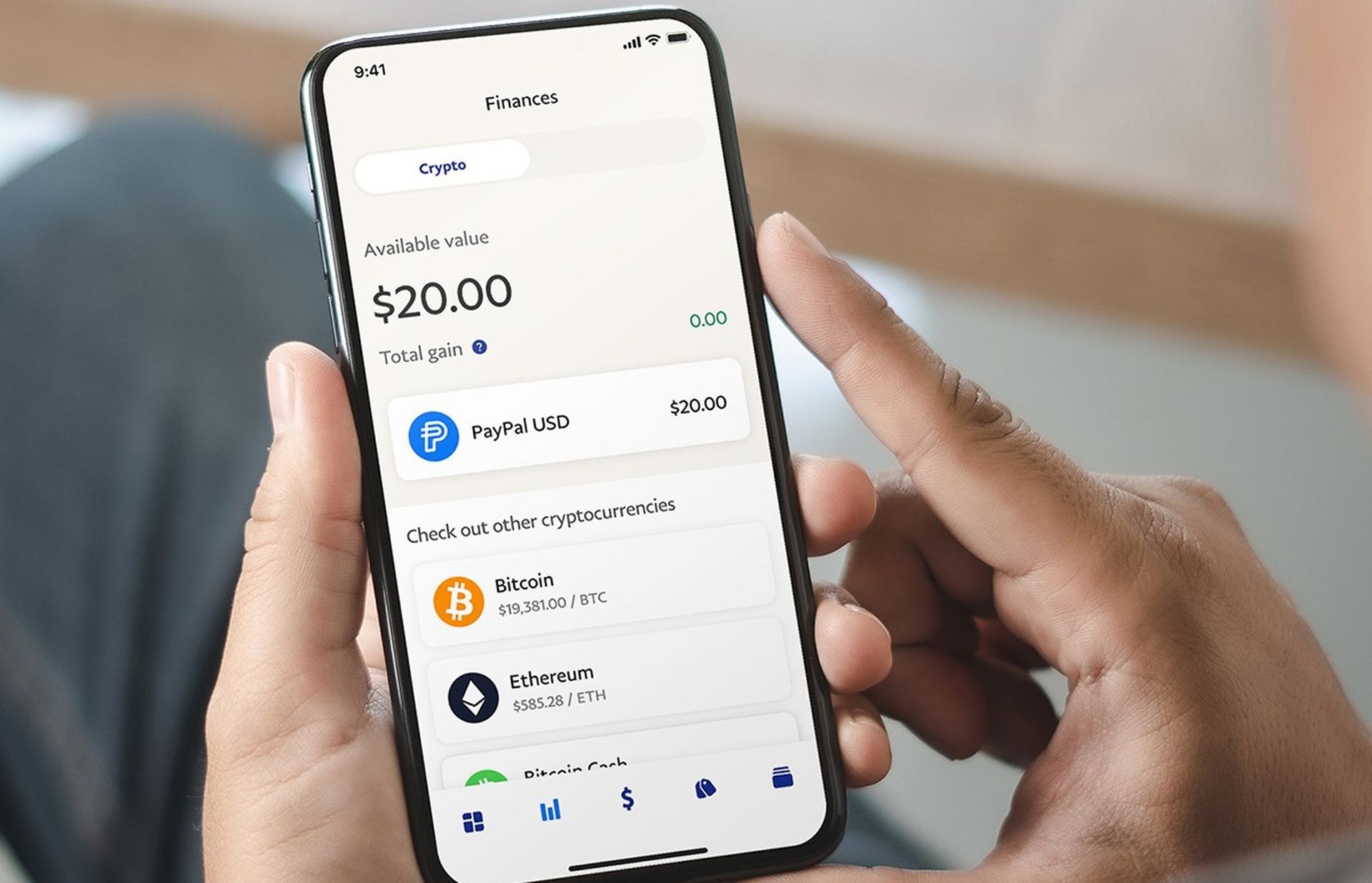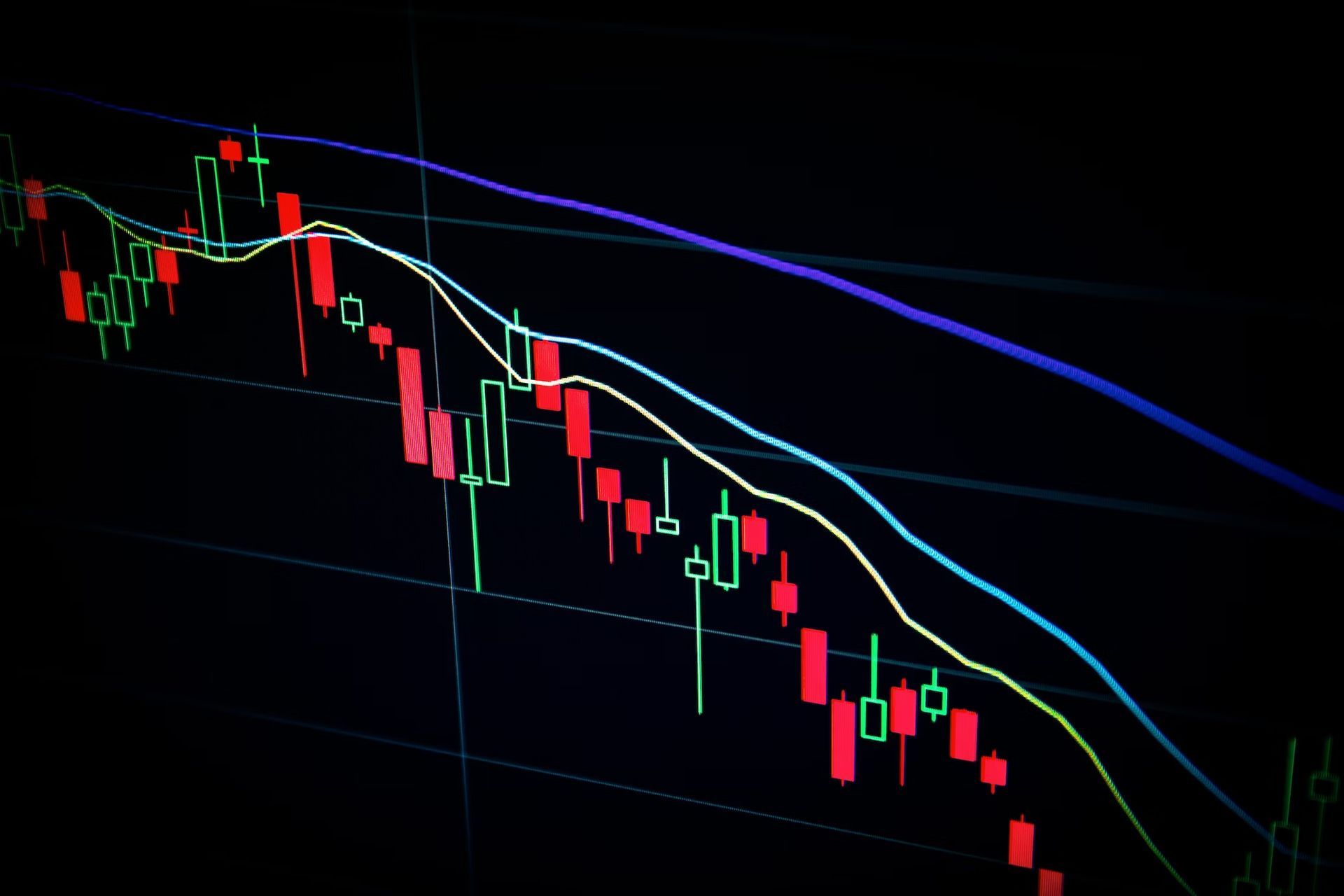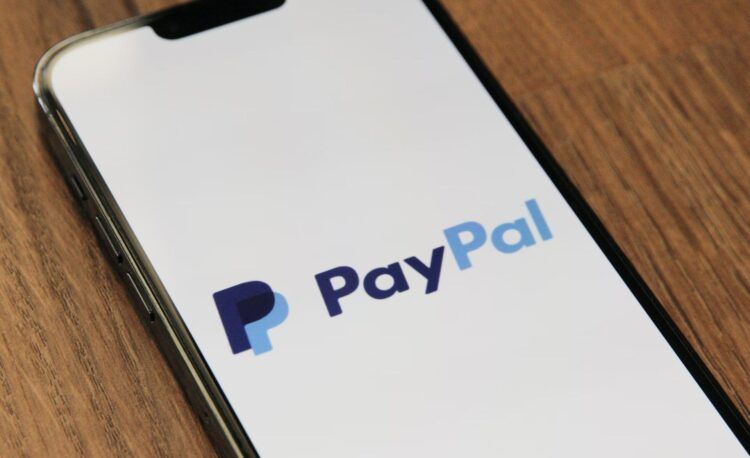PayPal is entering the cryptocurrency arena with the introduction of its own stablecoin, PayPal USD (PYUSD), marking a significant step in the digital finance landscape. Touted by the company as “fully backed by U.S. dollar deposits,” PYUSD can be traded at a value of $1.00 per PayPal USD through PayPal’s platform.
PayPal USD stablecoin is fully backed by U.S. dollar deposits
Offering diverse applications, PYUSD enables users to execute person-to-person payments, utilize the stablecoin for purchases at checkouts, and freely transfer PayPal USD between PayPal and various external wallets. The company also revealed that conversion between supported currencies and PYUSD is possible within the PayPal ecosystem.
In the wider financial context, stablecoins have emerged as centralized digital assets, backed by government-supported currencies such as the US dollar or Euro. However, the name ‘stablecoin’ has proven to be somewhat ironic, as seen in events like the collapse of Tether and TerraUSD, raising questions about their stability. While the US government continues to navigate the complex task of regulating stablecoins and other cryptocurrency forms, PayPal’s PYUSD stands as a testament to the evolving interest in digital currency.
The launch of PYUSD is set for today, with plans to make it available “in the coming weeks” for US-based customers possessing PayPal Balance accounts. PayPal USD is slated to be accessible via the PayPal-owned Venmo app “soon.”
Be aware of fake PYUSD tokens
Following the announcement of PayPal’s stablecoin, PayPal USD (PYUSD), the decentralized exchange scanner DEX Screener has revealed an interesting phenomenon: nearly 30 new token pairs with the ticker “PYUSD” have emerged within hours. These look-alike tokens have been created on various chains, including BNB Smart Chain, Ethereum, and Coinbase’s newest layer 2, Base.

It’s crucial for investors to recognize that the legitimate PayPal USD token was established in November 2022, and its authenticity can be verified at a specific contract address. PayPal has made it clear that PayPal USD can only be transferred between verified PayPal and other compatible wallets. This fact renders it highly improbable that any tokens bearing the same ticker on platforms like UniSwap or other decentralized exchanges are genuine.
Among these imitation PYUSD tokens, the largest one, minted on Ethereum, has witnessed an astonishing $2.6 million in trading volume since its creation, mere minutes after PayPal’s stablecoin announcement, according to Cointelegraph. Despite a meteoric surge of more than 30,000% in its initial eight hours, this token has since nosedived over 66% from its all-time peak. Cointelegraph has reported that many of the counterfeit PYUSD tokens listed might be “honeypots,” a term indicating that purchasers of these tokens cannot resell them and have, in effect, lost their crypto investment.
In a slightly humorous twist, one particular token adopted the name “PepeYieldUnibotSatoshiDoge.” Mimicking PayPal’s stablecoin, this imposter token managed to gain over 3,000% in just four hours. The incident underscores the need for caution and verification in the rapidly evolving world of cryptocurrency, particularly when dealing with highly anticipated launches like PayPal USD.

PayPal’s newly introduced stablecoin, PayPal USD (PYUSD), is constructed on the Ethereum platform and issued by the New York-based Paxos Trust Company. This firm, known for delivering regulated blockchain infrastructure to clients, has recently come under scrutiny by New York regulators. As part of the ongoing crackdown on businesses operating within the crypto industry in the state, Paxos was instructed to cease offering Binance’s BUSD cryptocurrency. The launch of PYUSD reflects the continued collaboration and innovation in the crypto space, even as regulatory landscapes shift and evolve.
“The shift toward digital currencies requires a stable instrument that is both digitally native and easily connected to fiat currency like the U.S. dollar,” the CEO of PayPal Dan Schulman stated.
Featured image credit: Marques Thomas/Unsplash





